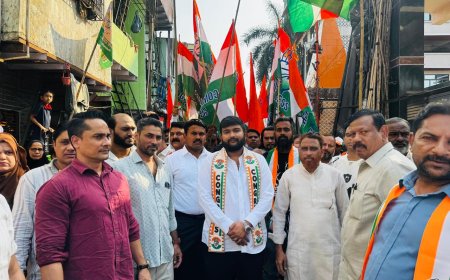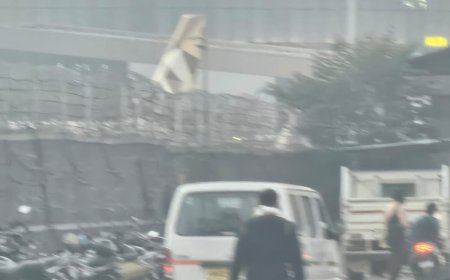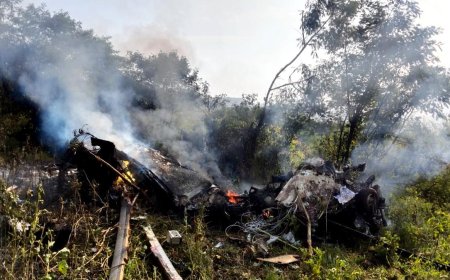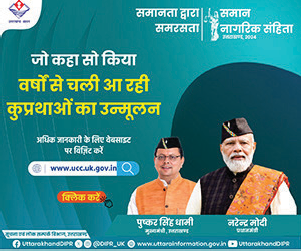Mumbai, July 26: In a surprising revelation, the Maharashtra Urban Development Department (UDD) has admitted that it holds no official data on health issues caused by pigeon droppings or feathers. The disclosure came in response to a Right to Information (RTI) query filed by animal activist Roshan Pathak, amid the ongoing crackdown on kabutarkhanas (pigeon feeding spots) in Mumbai.
The debate over the health risks posed by pigeons has taken centre stage after the Brihanmumbai Municipal Corporation (BMC), acting on the state government's directions, launched a city-wide drive to shut down kabutarkhanas. This includes demolition of structures and fines imposed on people feeding pigeons in public areas.
However, in a written reply to the RTI, the UDD clarified that it does not have any recorded cases or data to support the claim that pigeon droppings or feathers have caused health issues among citizens. The reply also stated that the department had not sought any court permissions before initiating the shutdown of feeding points, nor could it provide any data related to alternate relocation plans for kabutarkhanas. The responsibility for those queries, it said, lies with the municipal corporation.
The Bombay High Court, which is currently hearing a petition challenging the crackdown, has expressed concern over potential public health risks from pigeon droppings and has asked for medical data to substantiate the claims. While granting interim protection from demolition to certain kabutarkhanas, the court emphasized the need for a data-backed approach before taking further action.
Animal rights activist Roshan Pathak, representing the Pure Animal Lovers (PAL) Foundation, sharply criticised the state government's approach. “First the government directs BMC to act, and now their own department says it has no data. Their absurd decisions will result in starvation and mass deaths of pigeons,” said Pathak. “This is an attempt to eradicate pigeons from Mumbai. Instead of tackling the real pollution problems that are scientifically proven to affect human health, the government is targeting innocent birds.”
The BMC’s enforcement drive began with clearing encroachments and partial demolition at the iconic Dadar Kabutarkhana, and has since expanded across the city. Feeders have been penalised, and strict warnings issued against violating the ban.
As the Bombay High Court awaits data to make an informed judgment, the controversy has sparked a broader debate around animal rights, public health, and governance transparency. With no medical evidence yet submitted by the authorities, questions are now being raised about the rationale and urgency behind the action against Mumbai’s kabutarkhanas.



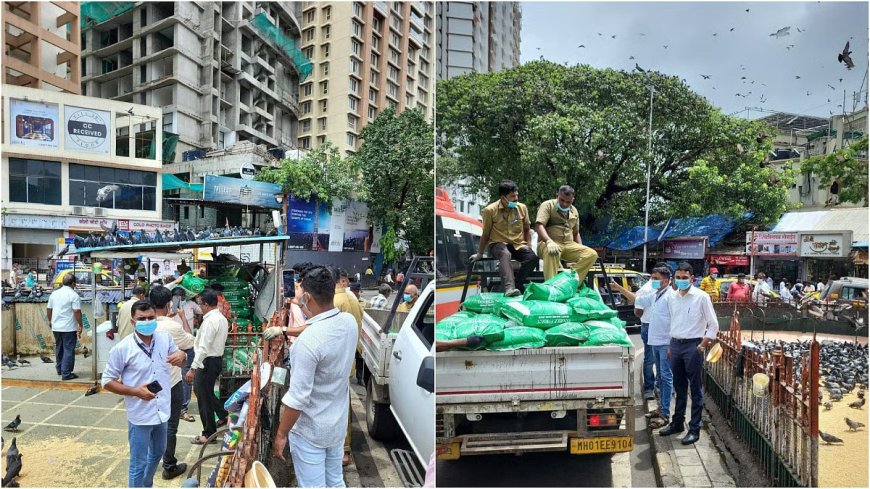
 Previous
Article
Previous
Article


